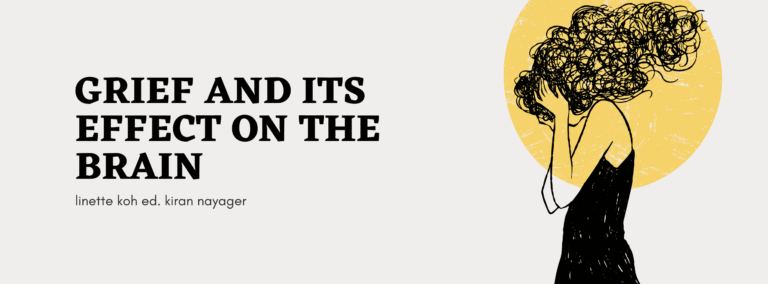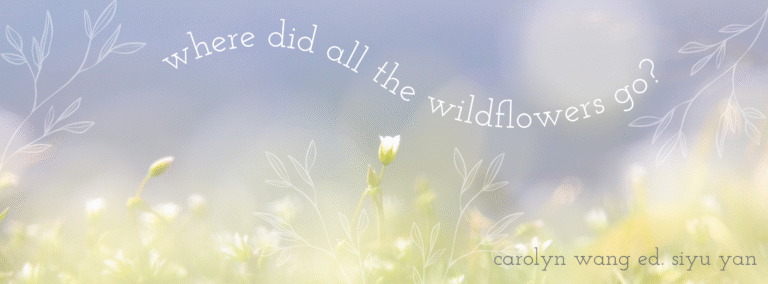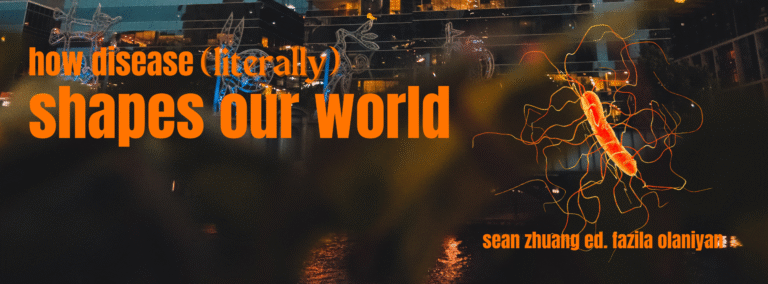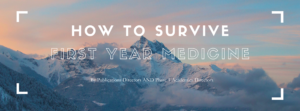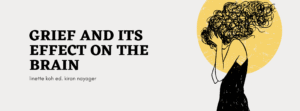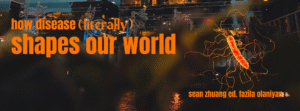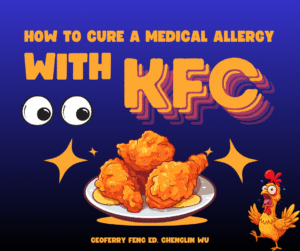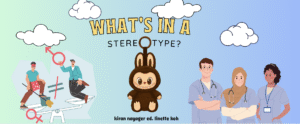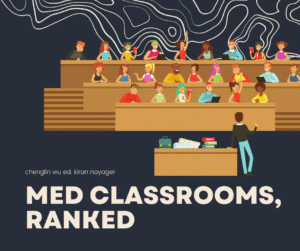
by ELEANOR HALL
Brené Brown says we should all be vulnerable.
But what does it mean to be vulnerable?
Is there a place for her teachings in medicine?
If you’d asked me last year what vulnerability was, I would have said ‘giving someone else power’ or something about weakness and loss of control. Vulnerability certainly wasn’t a positive thing and definitely not something I was inclined to do by choice. Admitting to being vulnerable was admitting to a weakness. It’s the reason why most of us say “Yeah, everything’s good,” when people ask us how we’re going.
It was only in the last couple of weeks that I listened to Brené Brown, a social scientist, speak on Under the Skin (Russell Brand’s podcast), that I realised how much vulnerability might play into the lives of medical students. She described vulnerability as uncertainty, risk and emotional exposure. Its killers: perfectionism, numbing (using alcohol, drugs, food or work to deaden true feeling) and foreboding joy (an inability to tolerate joy/always worrying how it might be taken away) … things I’m beginning to realise are all too common in medicine.
I distinctly remember attending a ‘breaking bad news’ session in third year. It was actors living out the different reactions of grief to a diagnosis. “No problem,” I thought – I’m good at histories. Then I walked in and I couldn’t explain it, but everything around me dropped and I felt it. The pain. Not a punch landing, but a deep sadness that I thought I’d shaken. It catapulted my mind into memories of someone lost. I saw for a moment my family distraught, the anger, but most of all, that emptiness that never really goes away, that you’re reminded of acutely in moments when you least expect. I started to cry, in front of my classmates, a physician and an actress. I was really, really vulnerable, and in that moment, it wasn’t a choice.
After the session I remember being embarrassed. What the hell had come over me? I didn’t think the loss was still raw. I definitely didn’t think I should be reacting that way. Maybe part of it was knowing how death has a way of fracturing reality, because it changes the people you love and in turn changes you, and you’ll never look at the world in quite the same way. The reasons didn’t really matter, I was emotionally exposed, and it felt terrible. Yet I’ll never forget what the physician said to me after: “It’s powerful knowing. You can give that gift to people… that you know, and you understand.”
We’re often reminded not to overshare, to listen to patients but desensitise ourselves – protect ourselves. You can’t let patients in or you’ll burn out. But I’ve come to believe that medicine requires us to understand the patient as a person, and you can’t do that without connecting as a human being.
Uncertainty: Fun when we’re watching The Bachelor, terrifying when we’re walking into a clinical exam. Uncertainty invaded my brain in third year. I spent multiple nights lying awake, worrying, feeling like I would never know enough. All the while, people told me not to worry, that I was great, that there was no chance of me failing. So, I learnt to push my anxiety inwards, letting it out in little bursts, alone, or at times with family.
Then came exam day; fear and uncertainty were intertwined. The stakes felt so high. I knew I’d done the work, but the stress of what I could lose kept taking over. On that day, in my ICE exam, it spiralled. I felt like the world was slowing, that I could see something slipping away but I couldn’t grasp it. It wasn’t terrible, but it wasn’t good enough.
So, I failed. I failed my ICE. And right up to the point of hearing the news, do you know what I was most worried about? Shame. I had never failed before. Not at anything. Not once. People would see me differently. I would be a failure.
Brené Brown describes shame as playing two lines in our heads: “Never good enough” and “Who do you think you are?”. They tell us to doubt ourselves. Shame makes us uncertain and it stops us from taking risks. It’s also unsurprisingly linked to addiction, depression, aggression, suicide and eating disorders.
The way out of shame? Vulnerability.
What really struck me during that period, and even now, is that medical school tries very hard at teaching you to succeed, but never tells you how to handle failure. I think that’s why so many of us are afraid – you don’t broadcast your failures, you broadcast your successes. I remember meeting my ILP supervisor at the beginning of fourth year and admitting that I had had to pass the Supp exam before I could start researching. My face a strong beetroot colour, as I waited for him to shoot me a disappointed glance. Instead, he said, “You’ll be fine. I failed a bunch of exams and I’m a consultant!”
I was astonished. He always seemed so competent, so put together… Yet here he was normalising failure. That’s just it, no one failure is defining, I’m still here! In fact, it makes us reflect and grow, and I’m more resilient for it. I was vulnerable with friends, I let them in, and they lifted me up. And a few months later, I smashed my ICE supp, because I was able to view it as an opportunity as well as a normal part of life and I didn’t hide it.
If we could all be more vulnerable, readier to share failures and accept them in others, we could reduce the shame that comes with not being perfect. Sometimes we fail. Sometimes we’re in a bad place. But stoicism and refusing to discuss our vulnerabilities blocks candid conversations about mental health, as well as productive learning. I used to imagine being a doctor and reaching a point where I knew the answers, where I didn’t need help. But I’m beginning to realise that point doesn’t exist. We’ll always be a little vulnerable. It’s time medicine started embracing it.






